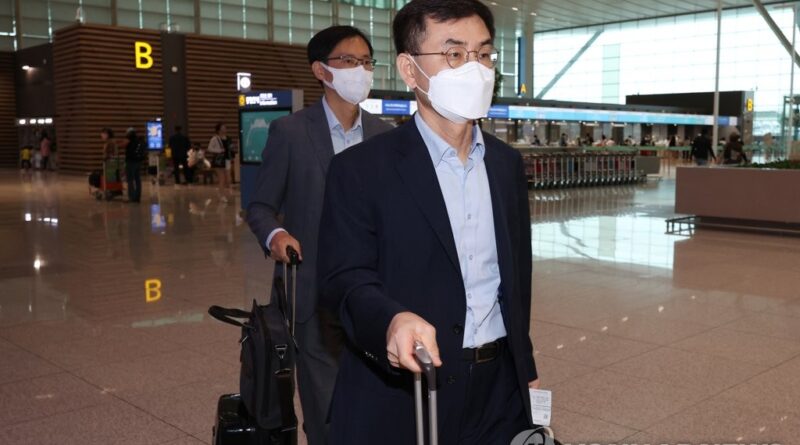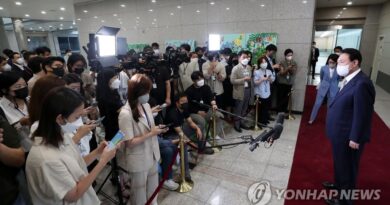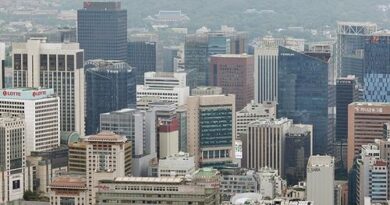(LEAD) S. Korea sends delegation to U.S. over inflation reduction act
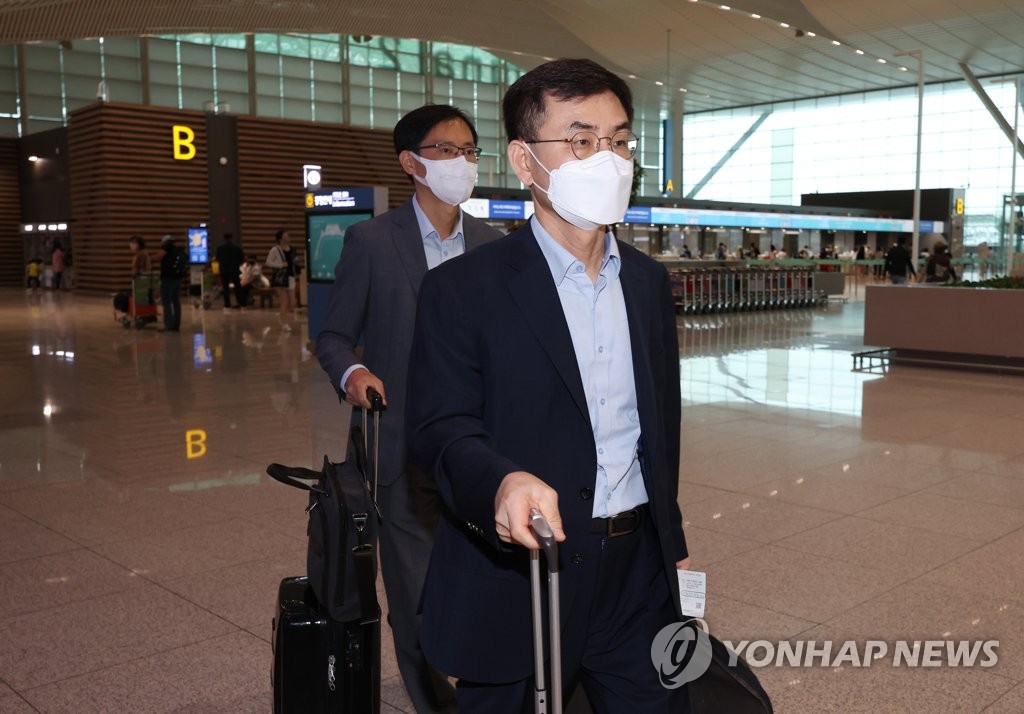
(ATTN: ADDS industry minister’s comments in last 6 paras, new photos; RECASTS paras 1-2 as officials left Seoul)
SEOUL, Aug. 29 (Yonhap) — South Korean government officials embarked on a trip to the United States on Monday to deliver concerns over the U.S. Inflation Reduction Act (IRA) that excludes electric vehicles (EVs) assembled outside North America from tax incentives, the industry ministry said.
Their visit to Washington came amid mounting concerns over the axed subsidies for eco-friendly cars made in South Korea and other non-North American nations under the US$430 billion law, signed by U.S. President Joe Biden earlier this month.
South Korean carmakers, including Hyundai Motor Co. and Kia Corp., make their flagship models at domestic plants and ship them overseas.
During the three-day stay through Wednesday, the officials from the industry, finance and foreign ministries plan to visit their counterpart departments and the U.S. Congress to explain the stance of the South Korean government and the business circle, and to have talks for possible supplementary measures, according to the ministry.
The delegation will also meet South Korean carmakers, battery firms and related companies doing business there to discuss responses together and supportive measures, it added.
The law also requires EVs to be equipped with U.S.-made batteries and battery materials, while battery makers here are also heavily dependent on China for key minerals for their manufacturing.
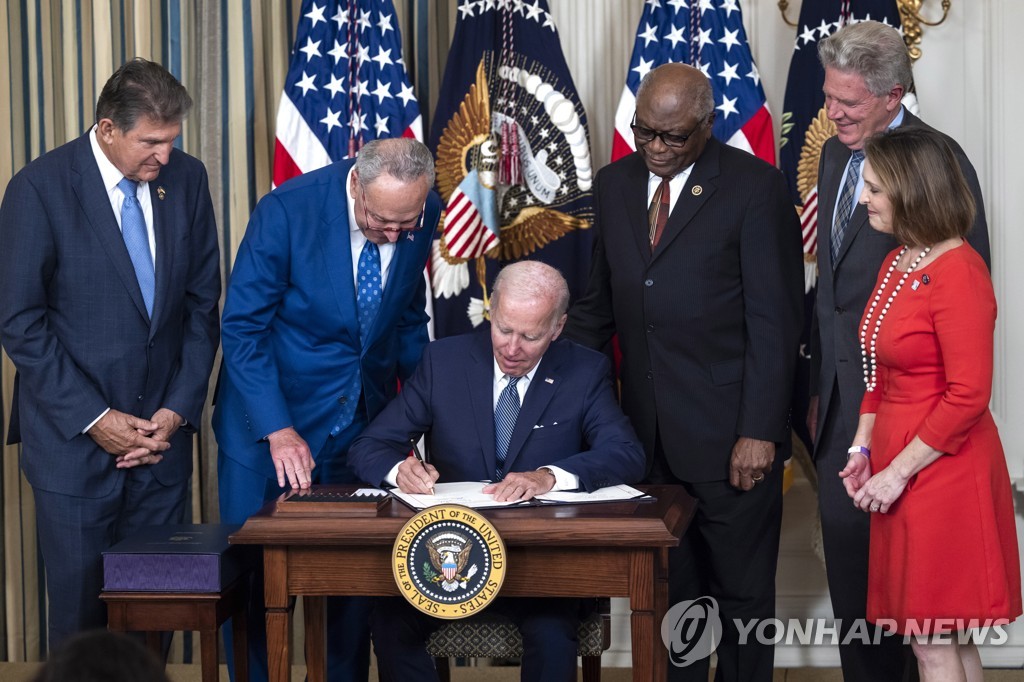
In the pursuit of the U.S.’ flexible implementation of the law, the Seoul government has sought active consultations with the U.S., while working to join hands with European exporters and other partner nations for joint responses.
It has also been reviewing whether to bring the case to the World Trade Organization (WTO) for its possible violation of the most-favored-nation treatment principle.
Industry Minister Lee Chang-yang told a parliamentary session on Monday that the chances seem quite “high” that the act violates the bilateral Free Trade Agreement (FTA) and WHO rules.
“We are supposed to choose whether to file a complaint with the WHO or deal with the issue under the FTA procedures. We will review the two options thoroughly,” Lee said.
“We expect some changes regarding the situation after the U.S. midterm elections in November. We will actively continue discussions with the U.S. and related work under the surface,” he added.
Trade Minister Ahn Duk-geun plans to meet with U.S. officials for talks on the act during his scheduled trip to Washington next week, his office has said.
During Monday’s parliamentary session, Ahn said in an answer to a lawmaker’s question that the U.S. government had not officially sent prior notification or provided information in advance to the Seoul government regarding the law.
The parliamentary committee on trade, industry and energy plans to adopt a resolution to call for the improvement of the IRA, according to officials.





